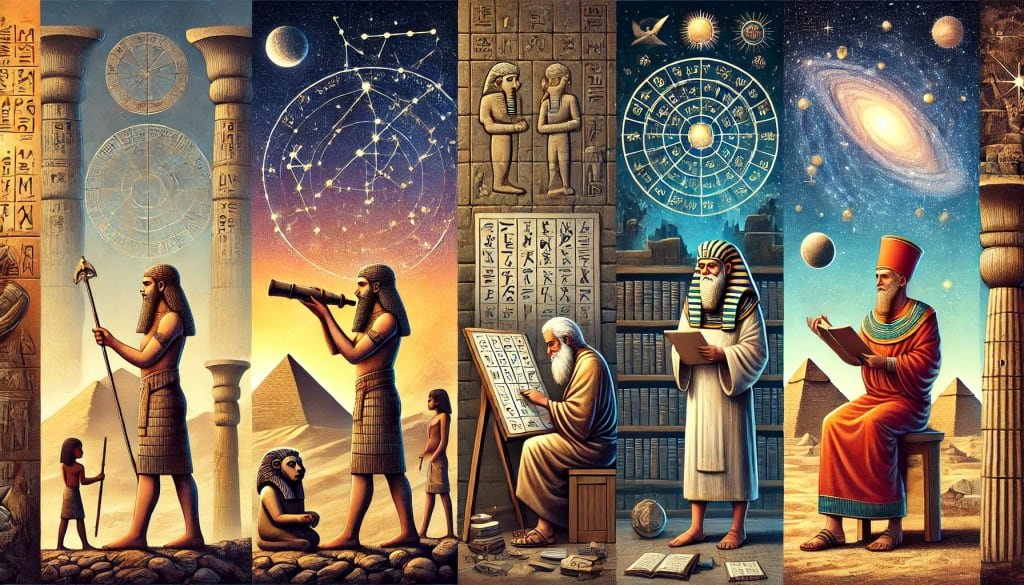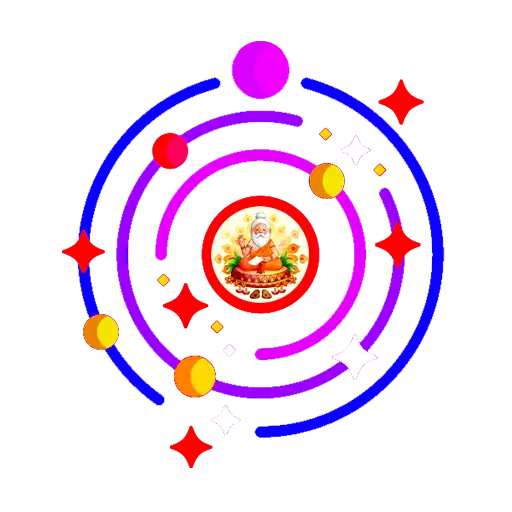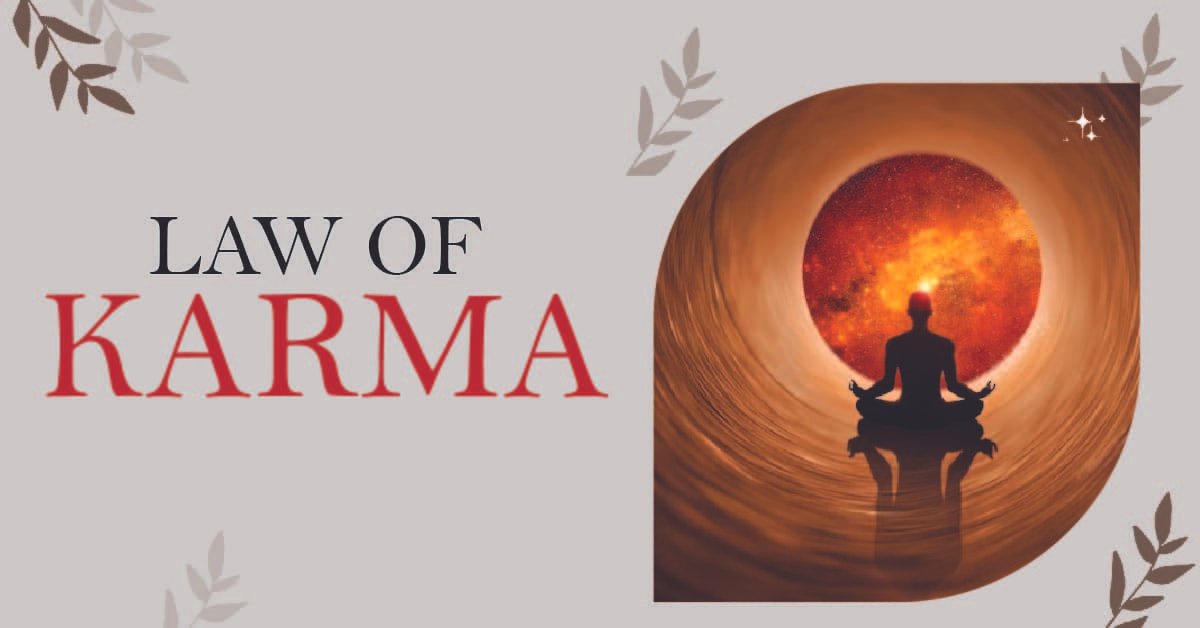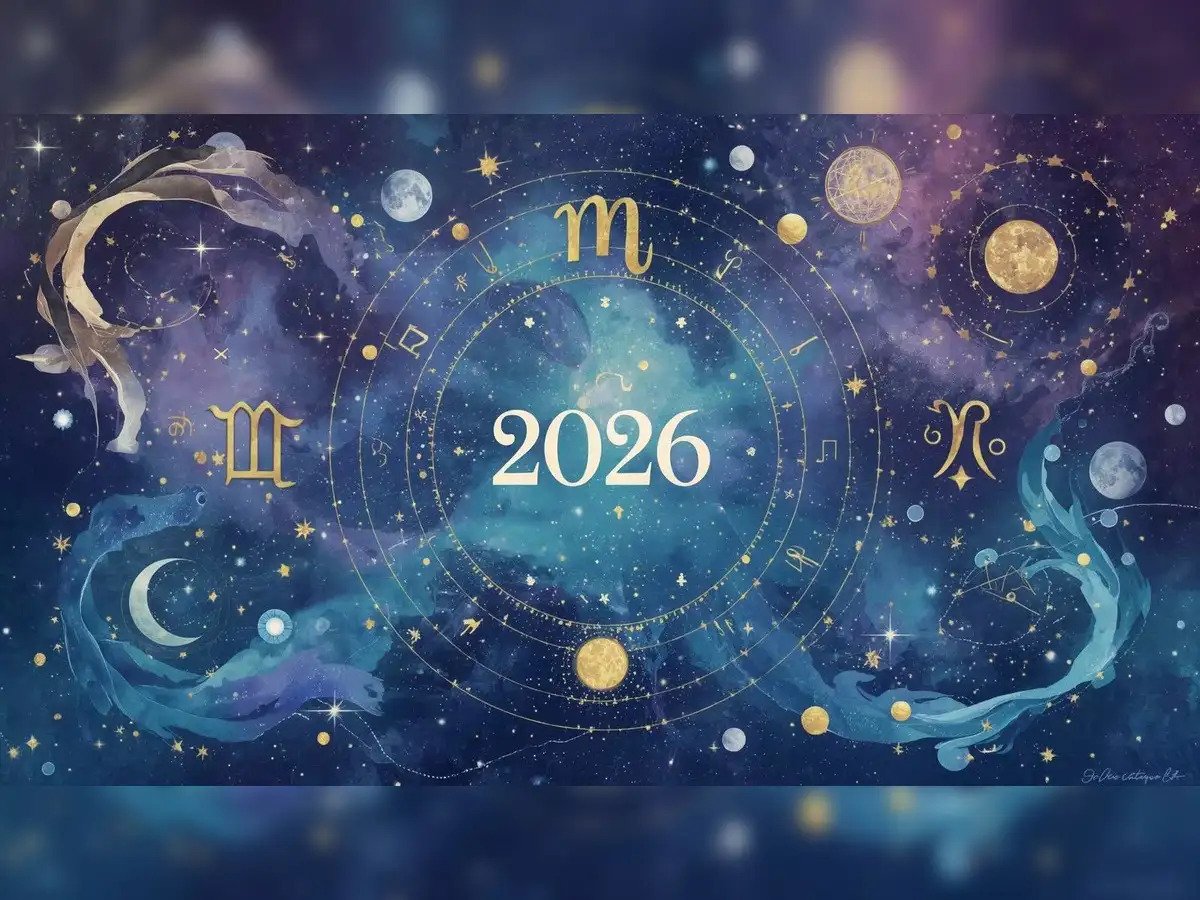The Role of Astrology in Ancient Civilizations :
Astrology has been part of human history, dating thousands of years. Ancient civilizations were aware of the power of celestial bodies; they believed that the movement of stars, planets, and other cosmic forces directly influences life on Earth. Astrology, from the Babylonians to the Egyptians and Mayans, had played an essential role in social, political, and religious life. The role of astrology in ancient civilizations is quite interesting as well as it explains how these civilizations' understandings of the stars still influence contemporary astrology.
Astrology in Ancient Mesopotamia (Babylonia):
The earliest reports are by the ancient Mesopotamians, namely the Babylonians, around the 2nd millennium BCE. They are considered some of the first to record the movements of the planets and stars. They believed the gods were able to speak to them through the heavens, and the celestial bodies have the power to predict the occurrence of future events, such as the ascension and demise of kings, natural catastrophes, and even personal fortunes.
Divination and Celestial Omens: The Babylonians were expert diviners in omens from the stars. A system of astrology based on positions of the planets relative to constellations developed and these omens entered into decision-making. Kings frequently consulted astrologers for ensuring the success of their reigns or predicting the most favorable times for war and significant ceremonies.
The first zodiac system was developed by the Babylonians. They divided the sky into 12 equal parts, each with a different sign that was named according to the constellation. This is the 12-sign zodiac system that laid the foundation for what we understand as the Western zodiac.
Astrology in Ancient Egypt:
The Alignment of the Pyramids: The ancient Egyptians combined astrology with their architectural accomplishments. The Great Pyramid of Giza, for example, is aligned with the stars of Orion's Belt, which they connected with Osiris, the god of the afterlife. They thought that the stars were divine, and by aligning their structures with the heavens, they could get protection and guidance from the gods.
Astrology in Religion and Life Cycles In Egyptian astrology, the sky is a divine mirror of life on Earth. It was believed that the gods are closely related to the movements of the stars. Egyptians had a sophisticated system of lunar and solar calendars to track such important events as agricultural cycles and religious festivals. These calendars are designed to reflect the cyclical nature of life and death.
Astrology in medicine and healing: Egyptian priests frequently used astrology for diagnosing ailments, with the parts of the human body linked to certain astrological signs. They believed that the planets also had an effect on one's fate and, in addition, physical health. That connection between astrology and medicine was early holistic healing.
Astrology in Ancient Greece:
Philosophical Influence: Ancient Greek thinkers like Pythagoras, Plato, and Aristotle were influenced by Babylonian and Egyptian astrology. They considered the movements of the stars as a reflection of a divine order and a source of knowledge. However, Greek philosophers were more concerned with the philosophical implications of the stars, believing that the cosmos was a mirror of the human soul.
Hellenistic Astrology: The Hellenistic period (circa 323 BCE – 31 BCE) saw the integration of Babylonian astrology with Greek philosophy, creating a more refined astrological system. One of the most notable figures was Claudius Ptolemy, whose work "Tetrabiblos" became one of the most influential texts in Western astrology. Ptolemy combined the Greek concept of fate with the Babylonian practice of interpreting planetary movements, establishing the foundations of Western astrology as we know it.
Astrology in Politics and Personal Life: Greek rulers and emperors, such as Alexander the Great, consulted astrologers for political decisions and personal matters. Astrologers were considered advisors, determining the best times for battles, marriages, and other important events. Astrology played a significant role in Greek politics and society, emphasizing the idea of a cosmic order that governed everything in life.
Astrology in Ancient China:
Chinese Zodiac and the Five Elements: Unlike Western astrology, Chinese astrology is based on a 12-year cycle, with each year associated with an animal sign. These animals—Rat, Ox, Tiger, Rabbit, Dragon, Snake, Horse, Sheep, Monkey, Rooster, Dog, and Pig—are also linked to one of the five elements: Wood, Fire, Earth, Metal, and Water. This system forms the basis of Chinese horoscopes, which are used to determine personality traits, compatibility, and fortune.
The Influence of Astrology on Chinese Medicine: Chinese astrology is very closely tied to traditional Chinese medicine (TCM). Astrologers believed that the stars and planets' positions would influence an individual's health and vitality. Astrological signs were associated with particular organs in the body, and practitioners would use astrology to guide their diagnoses and treatments.
Astrology and Feng Shui: Astrology was also practiced with Feng Shui, the art of placement in ancient China. Chinese astrologers would assist people in how to place their homes, businesses, and environment to best match favorable cosmic energies that brought prosperity, health, and good fortune through analyzing individual astrological charts.
Astrology in Ancient India:
Vedic Astrology (Jyotish): Vedic astrology, also known as Jyotish, is one of the oldest forms of astrology, originating in ancient India. This system is based on the Sidereal zodiac, which is different from the Tropical zodiac used in Western astrology. Vedic astrology focuses on the position of the Moon and the Nakshatras (lunar constellations), offering deep insights into an individual's life path, karma, and spiritual growth.
Astrology plays an important role in Hindu religious practice. Birth, marriage, housewarming ceremonies, and even important business and investment decisions are often planned and scheduled according to auspicious astrological timings, known as "Muhurtha." Vedic astrology is also utilized in the form of birth charts, or Janma Kundali, which the believer thinks dictate his fate and destiny.
Astrology and Spirituality: In India, spirituality is connected to astrology. They believe that a person's karmic influences, along with their spiritual journey in life, would be reflected at the time of birth in terms of the star and planet positions. Astrologers help a person understand their life's purpose and guide him or her on how to overcome challenges in order to become harmonious with the cosmos.
Astrology in Ancient Mayan Civilization:
The Mayan Calendar: They are well-known for their advance knowledge about time and space. Their complex calendars are among their most known areas of advancement. The Mayan Long Count Calendar is astronomical and was used in tracking cycles by the planets, especially Venus. The Mayans believed that their lives were directed by the positioning of planets and stars, especially about agricultural cycles and religious events.
Role of Astronomy and Astrology in Mayan Society: Astrology and astronomy were also intertwined in the Mayan culture. The priests and shamans could guide agricultural activities, religious rituals, even politics, because they knew much about the stars. The sky for the Mayans was the reflection of the Earth; celestial activities represented the life rhythm of humanity.






